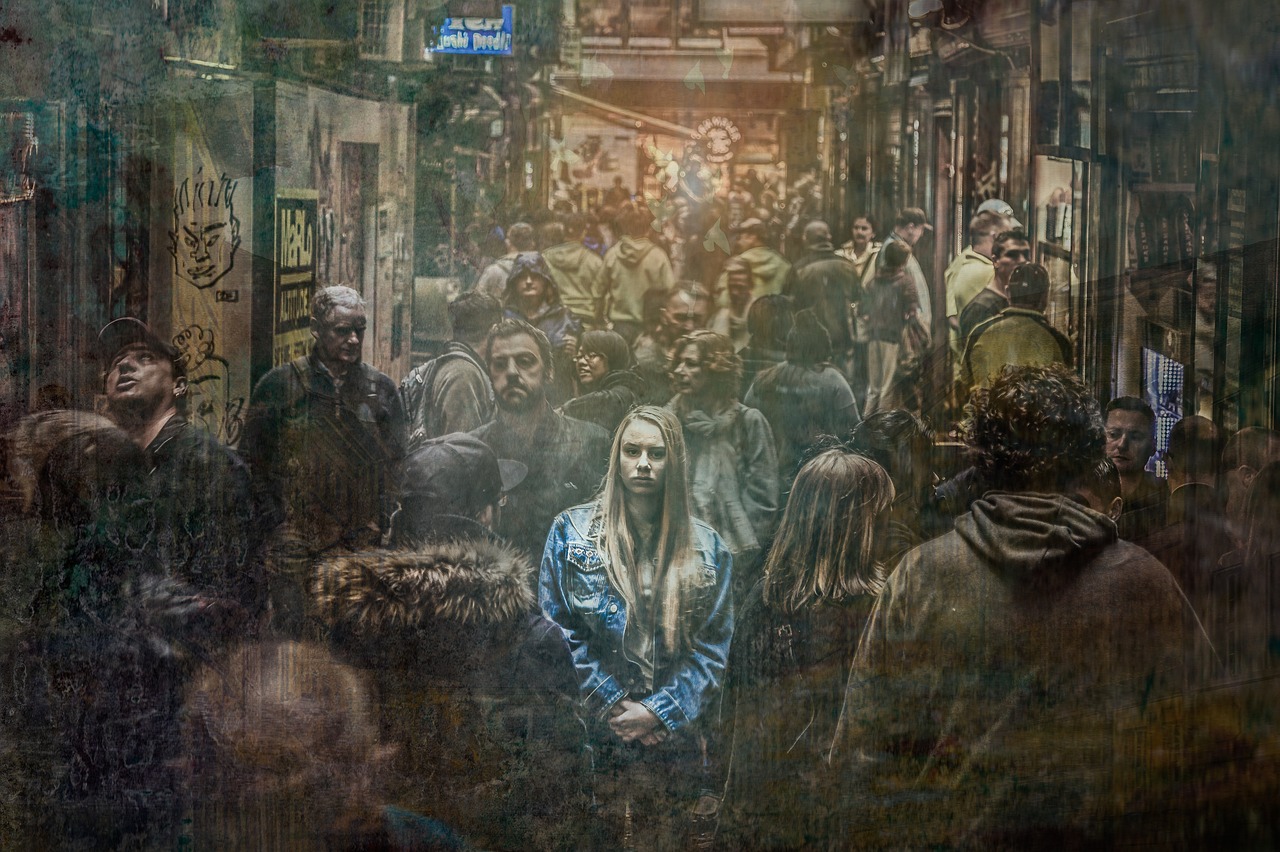When you hear the word “grief,” what do you think of? Do you imagine someone losing a loved one? Do you picture someone sad and crying? Do you see someone who is angry? I’m sure you can guess that grief doesn’t just take one form - but each person experiences it differently, and often in different ways for the same incident.
Grief and loss
Most of us often connect the ideas of grief and loss so closely that they almost seem to become part of the same experience. While we may often consider grief in the context of death (like the passing of a loved one), any kind of significant loss can trigger feelings of grief. Maybe you didn’t get hired for that dream job you applied for. Maybe you realized that you are never going to be the number one NBA draft pick. Maybe you just came to term with the fact that you never had the parents that you wish you had grown up with. Moving past such realizations can be difficult, but isn’t impossible. Start by calling out your missed expectations. Maybe you had a crappy childhood and it just hit you how much you wish it had been different. It sounds silly, but find a place where you can say that out loud. By speaking your mind and feelings out loud you begin to pull them out of your thoughts and start to take away the power those thoughts have over you.
Grief and sadness
This is probably the most common arena in which people think of grief - the crying and sadness. Grief can hurt, and not just emotionally but physically as well. The intense sad feelings can create pain from headaches to nausea to soreness in the muscles. The depth of emotional responses that people have can correlate with real physical pain, not just felt pain as if it were just in the mind. One of the most helpful ways to begin to manage the overwhelming sadness that grief can trigger (at least one of the ways that people I have worked with have found helpful) is to set aside time for the sadness. It may feel odd to schedule a good cry, but when you make the space for your sadness and emotions it becomes easier to keep those overwhelming emotions from intruding into times and places where they are not welcome. If this is how you are feeling, maybe give this a try: set aside 30 minutes where you can just be sad for the loss or the experience, where you can have that good cry. But spend just the 30 minutes, and then immediately afterwards try to do something that can bring you a smile. Maybe it's a funny movie or a heartwarming chat with a good friend. Whatever it is, make the space for the sad, then allow yourself to feel some kind of happiness afterwards - balance, really.
Grief and anger
When some people get hurt, they get angry. I am one of those type of people. If you hurt my feelings I’m more likely to yell at you than to cry about it - and I’m not the only one. A part of the standard “stages of grief” anger often gets overlooked because of the focus on the sorrowful and melancholy stage of depression. But the power that this angry phase can exert in our lives should not be overlooked. When faced with loss or heartache, the instinct to respond with anger is so very human. We have been hurt and so we wish to send that hurt back to the source of our pain. Sometimes we lash out at those we perceive to be a part of the problem, and sometimes we are just mean to whoever is closest. This kind of lashing out, while typical, isn’t healthy or helpful in the long-run. One way to begin to counter these angry thoughts is to acknowledge them and to name the inanimate source of your anger. If you suddenly realize you will never be the professional athlete you wanted to be you aren’t really mad at anyone in particular - but saying that you are mad at the situation, hurt and angry that your dreams aren’t being realized is a way to begin to get those feelings out in the open. You can’t really heal until you can name your pain and figure out where it came from.
Why grief is a good thing
I’m not suggesting that grief is pleasant, or “worth it,” or that it has some innate benefit that it bestows. But grief can be a good thing. Part of grief is letting go of something, learning to move forward in a time of pain and hurting. This isn’t easy or fun, but the growth you can experience and the joy you can find on the other side of grief are real and meaningful. The process of grieving shows that you are able to make healthy attachments to people and ideas. It shows that you care enough to be sad and hurt when those things are gone.
Life may never be the same that it was before, but that doesn’t mean that everything afterwards will always be sad. The precise way out of grief is different for every person, but the common thread tying those experiences together is woven of time and acceptance. While we may never “accept” what happened as alright (and sometimes never should) we can learn to accept the reality we face and then look forward as to what we decide to do next.
Sometimes people can move through grief organically, they process their different feelings and then learn to cope and find a new way forward. But that’s not always so easy. For some people, the strong emotional response they have can be more than they know how to deal with - more than they have experience handling. Sometimes grief is so isolating that you can feel like you are suffering all alone, but it doesn’t have to be that way.
If you are dealing with grief and you feel alone, reach out - if not to someone like me for professional help, then please reach out to someone you trust. Grief becomes easier to manage when you share the burden.





















